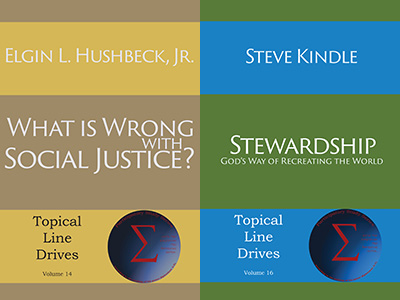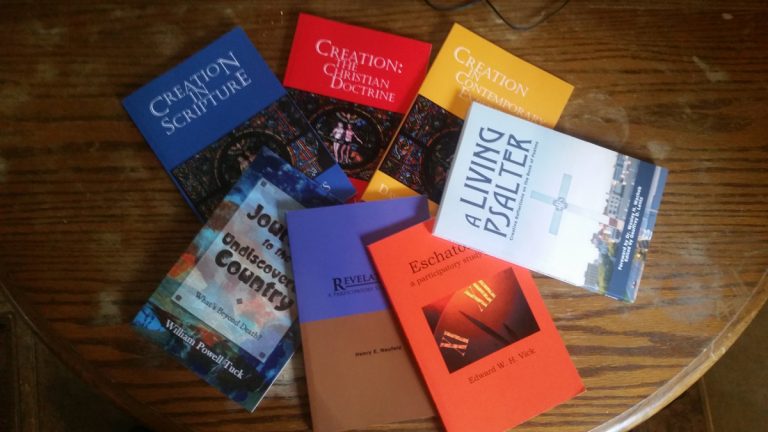The Bible and Social Justice
 I’m going to shamelessly link to a post by Allan Bevere in order to publicize a hangout I’ll be hosting next month. Allan’s post is Once Again, The Civil Religion of the Religious Right AND the Religious Left, and I’m interested because I think Allan might well dispute both of my guests.
I’m going to shamelessly link to a post by Allan Bevere in order to publicize a hangout I’ll be hosting next month. Allan’s post is Once Again, The Civil Religion of the Religious Right AND the Religious Left, and I’m interested because I think Allan might well dispute both of my guests.
We tried for this hangout this past Tuesday, so it has now been rescheduled to June 9. My two guests will be Elgin Hushbeck, Jr., author of What is Wrong with Social Justice, and Steve Kindle, author of Stewardship: God’s way of recreating the world. (Note that the two books are not written in response to each other; they are just typical books by each author.)
I will try to be neutral in hosting, but I do have opinions on the topic. Most importantly, I think Christians, as a community, would do well to step away from prescribing the means by which individual members should accomplish social goals. Despite what Allan notes regarding the words of the prophets being addressed to Israel as a theocracy, I think they do express principles on which I should act.
How those principles apply to my current faith community and the country of which I’m a citizen is more debatable, and it is that debate that I think is good. For example, the principle that laborers should be treated well is a principle expressed by the prophets. Exploitation of laborers draws some strong words. What should be debated is how this can be accomplished. Does a minimum wage improve working conditions, or does it just increase unemployment? What is the net effect of social welfare payments from the government?
I know that people of good will can disagree on these points, and I think people of good will should always be willing to discuss, to work together where possible, and to compromise when that seems indicated. The church, while upholding the principles expressed by the prophets, should, I think, be a safe place to work out the “how” on an ongoing basis. That means I don’t think this is a debate that will—or should—end.
That’s why I was so delighted to host the beginning of the debate, in turn disappointed that audio problems prevented us from continuing, and again delighted that both authors were available for a June 9 rescheduled hangout. They were both vigorously and courteously discussing the definition of justice and what social justice is, and I plan to ask them some questions based on what I’ve said above.
 Note that Allan Bevere has a book that relates to this topic and expands on what he says in his post: The Politics of Witness.
Note that Allan Bevere has a book that relates to this topic and expands on what he says in his post: The Politics of Witness.

Hi Henry,
Thanks for the shout-out. I would only make one clarification from your post. You write, “Despite what Allan notes regarding the words of the prophets being addressed to Israel as a theocracy, I think they do express principles on which I should act.”
I agree with what you say. The question I am raising is whether or not it is a mistake to view the modern nation state as the primary audience being addressed by the prophets.
If I manage not to have any meetings on June 9, I will try to listen in on the Hangout.
Allan – I would say that “despite” put too much of a contrast between what I was saying and what you were. I was caught by writing too fast. I agree that viewing the audience of the prophets as the modern nation state is problematic at best.